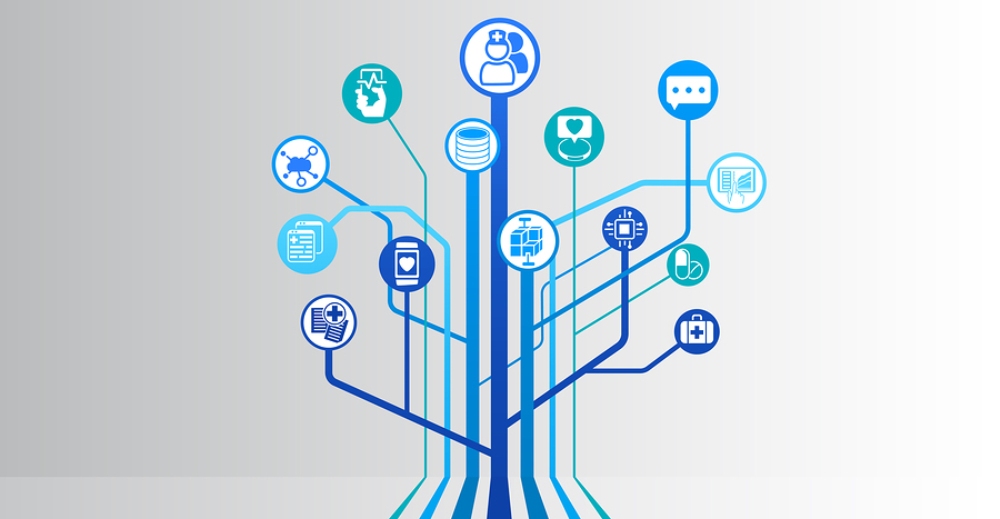
The advent of the latest technologies such as robotics, nanotechnology, 3D printing, VR/AR, artificial intelligence, and others certainly makes the future of healthcare exciting. Though there are apprehensions that technology may make healthcare professionals redundant in the healthcare delivery system, this is far from being true. In the field of healthcare and medicine, technology can make healthcare systems sustainable, equalize the relationship between patients and healthcare professionals, and deliver solutions that are faster, cheaper, and more effective. In the near future, technology may help us win battles against conditions such as cancer, Ebola, AIDS, etc.
Mentioned below are some of the ways technology is transforming advanced healthcare.
Artificial Intelligence: Many experts believe the artificial intelligence has the potential to completely redefine the idea of healthcare. Making use of AI algorithms, we can design treatment plans, mine medical records, and create drugs at a much faster pace compared to the present system. Making use of supercomputers, therapies have been found out from a database of molecular structures. Similarly, a start-up has recently discovered two drugs for Ebola that were predicted by its AI technology.
Virtual Reality: With unlimited potential, this emerging technology can make a serious difference in the lives of the physicians as well as patients. In the near future, a patient could travel to Iceland while lying on a hospital bed. Using VR technology, a system has been created to help individuals experience the life of a 74-year-old man suffering from audio-visual impairments. The goal of developing such systems is to help healthcare professionals see things from the perspective of the patients. This will certainly help foster empathy between the providers and recipients of healthcare facilities.
Augmented Reality: The application of AR in the field of medicine has already started and looks all set to be a gamechanger for all parties concerned. Using this technology, the surgeons can enhance their capabilities and the medical students can gain better insight into real-life operations. AR might also help patients describe their symptoms in a more accurate manner.
Wearables, Trackers, and Sensors: Empowerment of patients is critical to the future of medicine and healthcare, and this is where health trackers, wearables and sensors come in. These are excellent tools for finding out more about ourselves and taking control of our health. Whether we want to manage our stress level, weight, cognitive capabilities, or energetic state, there are trackers and wearables these days for almost everything.
Robotics: At present, robotics is one of the most exciting and fastest-growing fields of healthcare. The most noteworthy developments include surgical robots, robot companions, exoskeletons, disinfectant robots, and pharmabotics. These devices have already been used to rehabilitate patients with stroke or spinal cord injury and help paralyzed people walk. Robot companions can be used to treat mental health issues and alleviate loneliness.
Improved bioavailability with advanced delivery systems: The therapeutic efficacy of medications and supplements depends a great deal on bioavailability. Conventional formulations are unable to provide targeted treatment because they often fail to optimize bioavailability. Utilizing advanced technology, the supplement industry has initiated serious steps towards prioritizing bioavailability. The cyclodextrin-based delivery system is the latest technological innovation that has already helped improve bioavailability, targeting, and tolerability of supplements. More about this can be found by going to Supplementrelief.com.
Nanotechnology: Nanotechnology is one of the latest and most promising breakthroughs in the world of medicine. The days are not far when nanodevices and nanoparticles will operate as tiny surgeons, cancer treatment tools, precise drug delivery systems, and much more.
3-D Printing: 3-D printing has already made its presence felt in every corner of the world, and holds tremendous potential for the future of medicine. It can be used in healthcare for numerous applications including printing bones and synthetic skin to tissues with blood vessels. The field of prosthetics is also expected to benefit immensely from 3-D printing.
